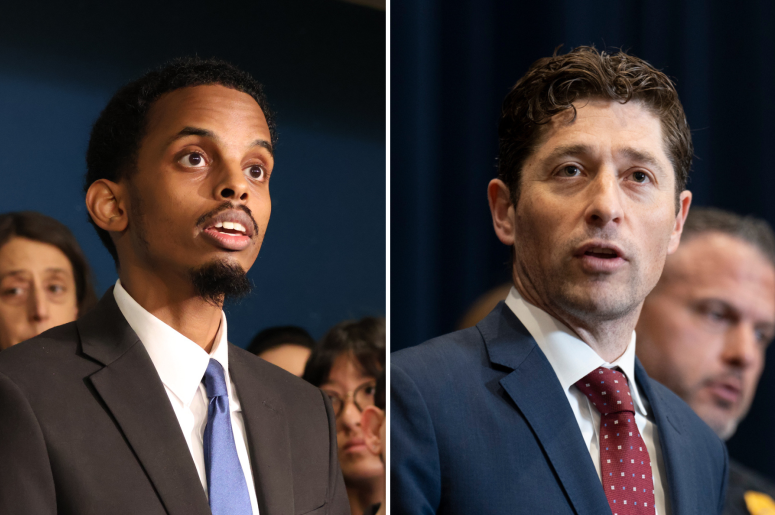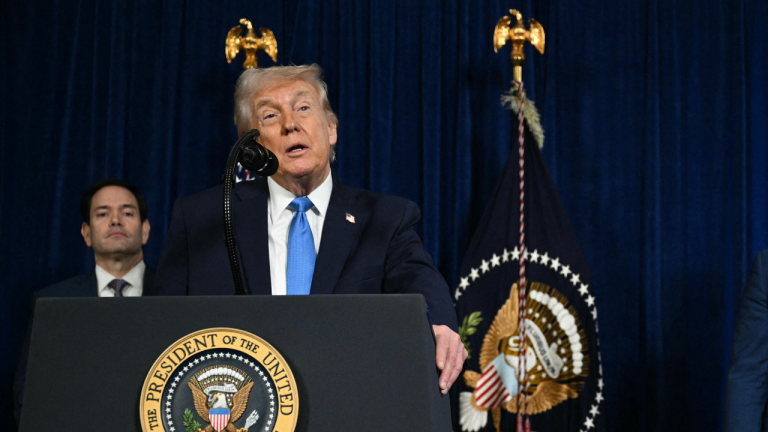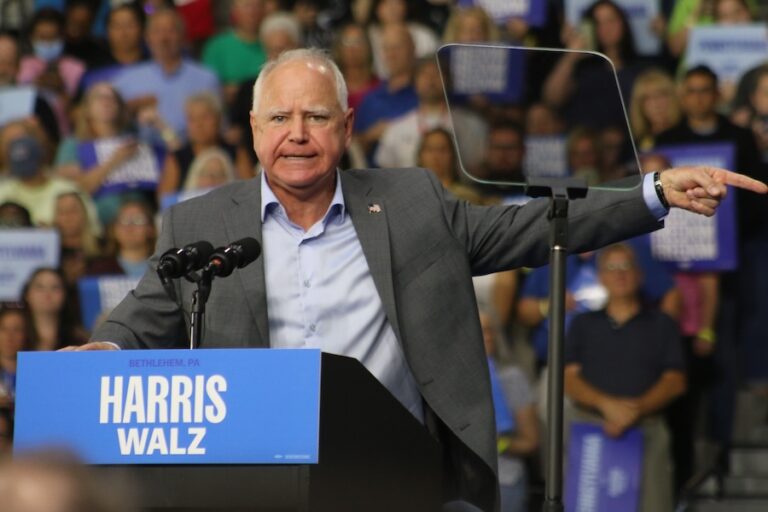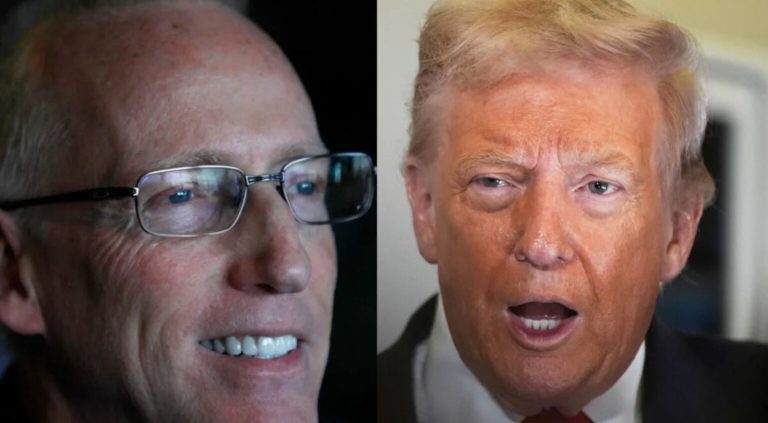
Incumbent Minneapolis Mayor Jacob Frey has been elected to a third term as governor after a tightly-contested election against self-described socialist Omar Fateh.
On Election Dat, Minneapolis voters headed to the polls in a municipal election that drew record participation, with 55 percent of registered voters casting ballots—the highest turnout for a city election in recent history. The mayoral race featured 15 candidates, but attention centered on incumbent Jacob Frey and his primary challenger, state Senator Omar Fateh.
When first-choice votes were tallied that evening, no one reached the 50 percent threshold required for an outright win. Frey led with 42 percent, followed by Fateh at 32 percent, former pastor DeWayne Davis at 14 percent, and entrepreneur Jazz Hampton at 10 percent. The remaining votes scattered among lesser-known contenders.
Minneapolis has used ranked-choice voting since 2009, a system that allows voters to rank up to three preferences on their ballots. If no candidate secures a majority in the initial count, election officials eliminate the lowest-performing candidates one by one.
Ballots from eliminated candidates are then redistributed to voters’ next choices. This process ensures the winner ultimately claims more than half of the active votes.
Tabulation began the morning of November 5, requiring only two rounds to produce a result. Lower-finishing candidates were removed, and their supporters’ second-choice rankings shifted overwhelmingly toward Frey. By the final round, Frey had amassed 73,723 votes, equaling 50.03 percent, barely crossing the majority line to defeat Fateh.
Frey, 44, first took office in 2018 after serving on the City Council. His tenure has spanned significant challenges, including the economic fallout from the COVID-19 pandemic and the unrest following George Floyd’s death in 2020.
At his election-night gathering, Frey told supporters that the city had overcome tough times together and was now rising, emphasizing leadership that prioritizes constituents over rigid ideologies.
Fateh, 35, presented a significant challenge to Frey’s re-election campaign by running to his left.
Fateh briefly secured the local Democratic-Farmer-Labor Party’s endorsement in July, but lost it after procedural issues prompted a state-level review. Three leading challengers — Fateh, Davis, and Hampton — coordinated informally, urging supporters to rank one another highly to consolidate support against the incumbent.
Fateh encouraged voters to avoid ranking Frey at all, a tactic that aimed to block the mayor but ultimately fell short as many ballots included cross-preferences.
The campaign saw substantial external funding. Political action committees supporting Frey raised about $1.6 million, far outpacing the $352,000 collected by a group backing progressive candidates. Ads from Frey-aligned groups scrutinized Fateh’s record, referencing state ethics inquiries. Despite the financial disparity, Fateh’s grassroots effort mobilized volunteers and drew crowds, building what he described as “people power” rooted in community needs.
Fateh had drawn several comparisons to New York City Mayor-elect Zohran Mamdani.
The socialist candidate mirrored Mamdani in calling for a rent freeze and has called to increase the city’s minimum wage to $20 per hour by 2028. “As a renter in Stevens Square with a full-time job on top of my part-time Senator job, and a baby on the way, I want to keep money in working people’s pockets and circulating in our local economy. That’s why I’ll work to implement a $20 minimum wage by 2028 & rent stabilization,” he wrote in an additional post on the same date.
With Fateh’s defeat, Frey’s rule in the city will extend through 2029. The city’s growing Somali population could very well lead to a far different result come the next election cycle, however.






